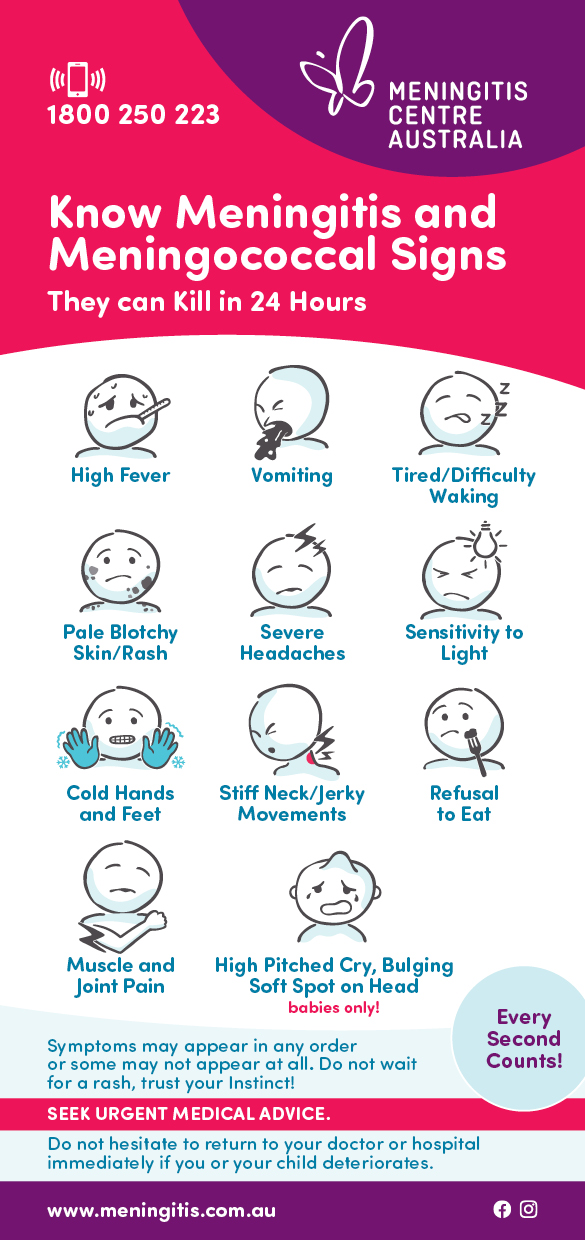A Perth toddler has survived a deadly bacterial infection, thanks to the extraordinary efforts of medical staff to save not just his life but also his limbs.
The parents of two-year-old Robbie Buchan have told of his amazing survival from septicaemia after developing meningococcal disease when he was just five months old.
In a world-first experiment, Perth doctors painstakingly salvaged living tissue from his dying arms and legs, delaying amputation surgery for more than a year to retain as much of his arms and legs as possible.
Desiree Scofield, 23, and her 28-year-old partner Iain Buchan hope their confronting story will educate other parents about the killer disease and help to get a B-strain vaccine funded on the childhood immunisation program.
 Desiree and Iain share precious family time with Robbie. Picture: Nic Ellis/The West Australian.
Desiree and Iain share precious family time with Robbie. Picture: Nic Ellis/The West Australian.
They also want to raise money so Robbie can be fitted with state-of-the-art prosthetics that will give him the best possible future.
Their ordeal began in October 2014 after arriving back in Perth from their first family holiday to Queensland.
Robbie, who had never been sick and was a placid baby, was running a temperature during the day, so they called a doctor to their house to check on him.
COMMENT: Robbie’s story a reason to expand vaccine protections
They were reassured it was unlikely to be anything more sinister than a stomach bug or a cold and told to give him paracetamol and keep an eye on his temperature.
By midnight, the couple tried to get some sleep in between checking on Robbie, whose temperature had gone down but he still seemed unwell.
He was usually dressed in a “onesie” when he was put to bed but something made Ms Scofield change him into two-piece pyjamas and leave on his bedside lamp.
“I came back to check on him and his top had lifted up and in the light I saw three little dots on his back, so we just grabbed him and ran out the door to hospital,” she said.
“Within 10 minutes his back was covered in spots and after another 10 minutes they were over his entire body. He was purple from head to toe.
“The doctors said if I hadn’t gone into his bedroom in the next 30 minutes, we would have woken up to find him gone.” What happened before their eyes was meningococcal disease moving at lightening speed — bacteria multiplying in his blood vessels, creating purple bruises or haemorrhages and releasing toxins into his body.
Princess Margaret Hospital staff swung into action but Robbie’s condition deteriorated as doctors battled to get a catheter line into his swollen body to give him lifesaving antibiotics.
When meningococcal infection develops into septicaemia, patients often go into shock, their blood pressure falls and circulation fails in the body’s extremities such as fingers, toes and limbs.
Robbie’s condition spiralled downwards almost on cue.
 A smiling Robbie before the tragedy.
A smiling Robbie before the tragedy.
“His fingers and toes started to turn black and his limbs started to die, it was horrible,” Ms Scofield said.
“We had to just watch and wait and were told that if he survived the first 48 hours, he had a 50 per cent chance of pulling through.”
Within days, burns expert Fiona Wood was called in on Robbie’s case but was honest with his devastated parents that there was a good chance he might not survive the next week.
If he managed to pull through, she said it was likely doctors would have to amputate his limbs from the shoulders and hips, effectively leaving him with no limbs.
But Dr Wood was keen to delay surgery for as long as possible.
With 80 per cent of his body covered in necrotic or dead tissue, Robbie endured arduous daily dressings to reduce the risk of infection until it was time for surgery.
Painstakingly, Dr Wood and her team trimmed off dead tissue to retain as much living, growing tissue as possible.
 Robbie in hospital.
Robbie in hospital.
The longest recorded case in the world of delaying amputation surgery in meningococcal survivors, to gain some length in the limbs, is believed to be 40 days.
Doctors waited 12 months with Robbie, who was virtually bed-bound at PMH the whole time.
They eventually amputated both his legs from the knees, most of his right arm and his left arm from the elbow.
“People find it hard to believe but we feel so lucky because of what they were able to do for Robbie,” Ms Scofield said.
“We never cared if he lost his arms and legs, so long as we had him.
“We made a pact that if he was strong enough to endure what he did every day for that year, we owed it to him to do our very best for him.
“But we can’t thank the staff at PMH enough, saving as much of his limbs as possible.
“We won’t put limits on what Robbie can achieve now, he will work that out for himself.”
When he is at the local park, Robbie is not that much different from other toddlers, giving a broad smile when his dad lifts him into the air and his mum plays peek-a-boo.
He has some scarring on one side of face from the infection and more on his head.
But a small rash on one cheek is harmless — a sign of teething.
Many people comment on his soulful eyes that seem to show a maturity well beyond his two years.
Robbie has survived against great odds and his parents remain positive about his future.
He will need continuing wound management, occupational and speech therapy and physiotherapy at PMH.
The next step will be to investigate the best prosthetics for him, either locally or overseas.
Mr Buchan, manager at the Commonwealth Bank’s Subiaco branch, said his family had received enormous help from his work, family and friends.
But the costs over Robbie’s lifetime will be substantial and a fundraising page has been set up, with all money going directly to his family.
VIDEO Robbie’s fight for life
So far more than $34,000 has been donated.
The couple are also campaigning to have a federally funded vaccine for meningococcal B, the strain that caused Robbie’s infection and is responsible for 90 per cent of cases of meningococcal disease in WA.
While a vaccine against meningococcal C strain is part of the national immunisation program, several attempts to have the B vaccine funded since 2014 have failed.
“A lot of parents still don’t even know about meningococcal disease, let alone this vaccine,” Ms Scofield said.
“We don’t want any other family to have to fight the battle Robbie has.”
To make a donation to help Robbie, go to www.everydayhero.com.au/event/RobbiesRoar
SOURCE: The West Australian Newspaper

